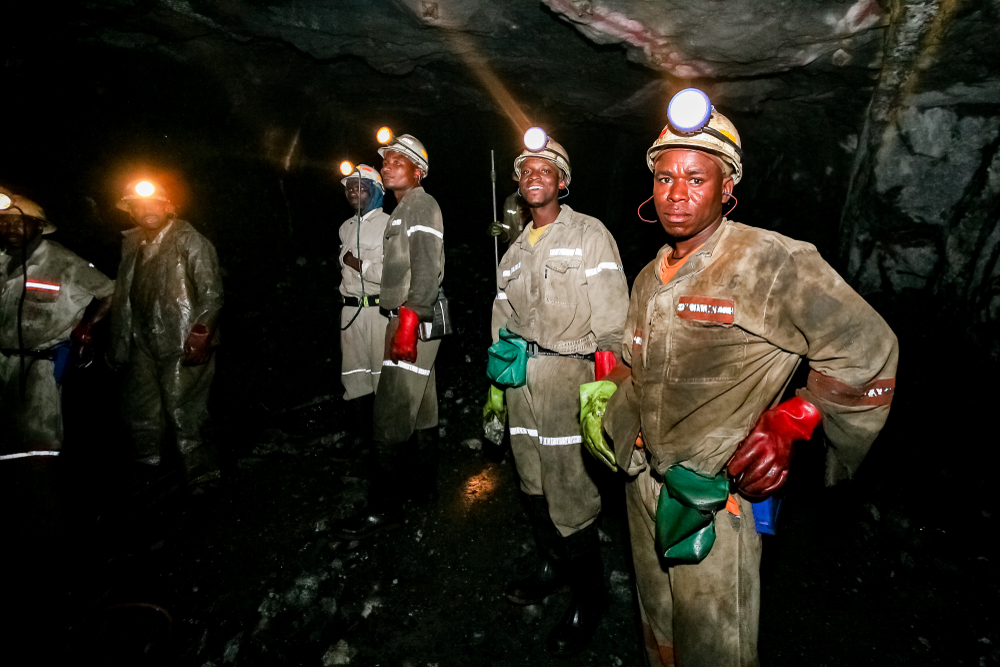Why do Governments want to Reform?
Governments in mineral-producing nations are committed to reforming the ASM sector due to how fundamental they are to their nation’s economy. In DRC, the mining industry provided over $1.5bn in public revenue, tenfold what oil & gas provided. However, this is a fraction of the industry’s true potential. To close illegal smuggling routes and formalise artisanal mining would boost mineral receipt taxation and can develop industrialisation.
There is also increasing international pressure against mineral-producing nations to reform the ASM sector and this manifested in increasingly stringent regulation by the US and the EU surrounding mineral supply chains.
Formalisation of ASM is Essential to Progress
Up to this point, government regulations surrounding mining supply chains have focused mainly on large scale mining. Formalization of ASM is a complex, chicken-and-egg conundrum: it is difficult to regulate what you can’t see and difficult to see what you don’t regulate.
Formalising ASM will provide much-needed legal, commercial and safeguarding frameworks. It will empower artisanal miners by providing them with access to markets, safe working conditions and avenues for upskilling.
Yet, formalization is an immense challenge for mineral-producing nations. Typically, these are enormous nations with a low population density and limited existing infrastructure and markets to trade with. It is essential, therefore, for EU governments and social enterprises to support these nations in building trust and accountability in the industry and catalyse the formalisation process.
Nationalisation is on the Rise
Another proposed solution to formalise ASM practices has been to nationalise mines.
This was the case in Zambia where the government have begun purchasing gold from artisanal miners. DRC have also initiated plans to nationalise 25% of their cobalt exports to gain increased control over the ASM value chain. This is an enormous move from DRC as they supply 70% of the world’s cobalt.
However, Nationalisation can only be an effective solution if it tackles the root cause of the problem: access to equipment, finance and expertise. It is these services which have a fundamental impact on the ASM sector. It is vital that developing the sector in the long-term is not overlooked in favour of short-term monetary gain.
The Minexx Solution
Our team, through building Bboxx, has a real appreciation for the value of real time data and dashboards. With the Minexx platform, these dashboards can be accessed by governments to monitor tax revenues, incidents and on ground activities. The platform provides governments with both the necessary tools and information required to properly regulate the sector.
Furthermore, our platform creates a direct and transparent marketplace between miners and mineral purchasers. This will ultimately ensure that foreign investors will have an ethical and efficient means to source minerals.
There comes a time to confront the unacceptable social cost of technology. That time is now.
Get in touch at [email protected] to learn more.






